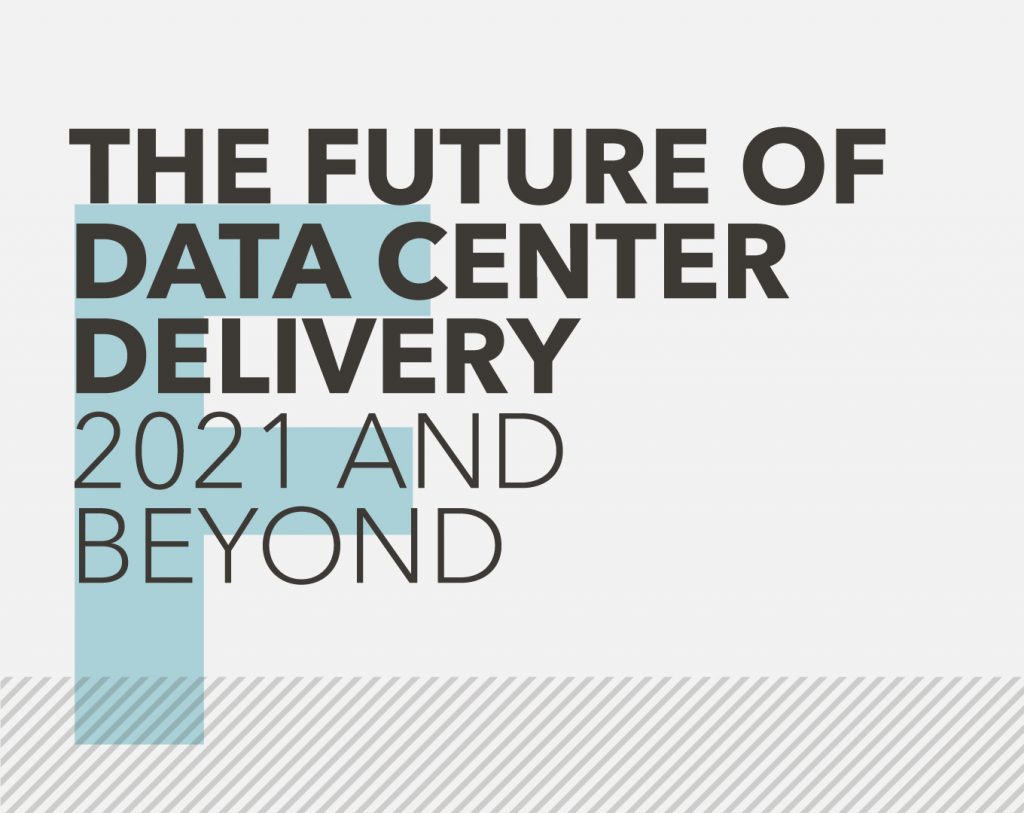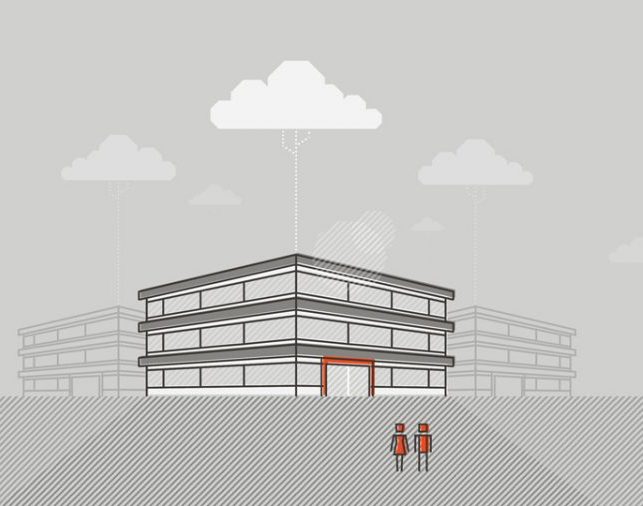How a fluid approach to talent development can prepare us for an unpredictable future
By: Johandri Kieck

The data center industry moves rapidly. As technology and working practices evolve, emerging ideas quickly pass from the cradle to the grave.
This trend shows no sign of slowing, meaning the future holds plenty of challenges, changes and surprises to knock us off-guard.
Our approach to learning and development must reflect the unpredictable nature of the industry so we can stay ahead of the curve and prepare for what’s to come.
We believe the best way to do this is by creating a multi-skilled workforce with diverse pools of knowledge to draw from. However, to do so we have to abandon the traditional approach to development and try a radically different way of doing things.
Your job description isn’t enough
Our employees take ownership of their personal development. They’re given the freedom to develop skills beyond the narrow confines of their job description.
Everyone is paying attention to the pace of change in the industry right now. The question must follow: so why are we still teaching as if the job hasn’t changed?
If I expected people to do Project Management 101 as designed in 2017 at Brunel University, I’d fail to equip them with skills to thrive in today’s environment.
It’s no longer safe to stay within the narrow borders of your job description. Skills become obsolete too quickly. Possessing only the skills that were necessary when your job description was written isn’t enough. Look around you. Use your judgment. Cultivate the skills you need to be successful now and in the future.
Personal Development Plans re-imagined
Personal Development Plans used to be a five-minute conversation at the end of a performance review. Employees were told which courses to complete so boxes could be ticked and career progression could be considered.
The plans have now been completely reinvented. There are still some specific learning requirements, purely from a compliance perspective, but the focus stretches far beyond the here and now. Compliance may be important to the client but that alone won’t help us contend with the challenges of tomorrow.
The plans place great emphasis on the personal. I ask people to think about themselves and consider the knowledge they need to thrive now, in three months, six months and a year.
I never tell people what would be good for the company or attempt to influence their decision in any way. Employees are far more invested if they control their own careers, so the choices are completely theirs to make.
Personal Development Plans are continuously revisited throughout the year, allowing employees to adjust and refine them as they see fit. Events in the industry might cause them to reconsider an aspect of their development and make the appropriate changes.
The five-day course is history
Having chosen skills to develop, employees then decide the best way to acquire them. Again, this is personal. I make it clear that I’m not going to provide a shopping list of courses to attend.
A common trope in the business world is the five-day training course. But, how effective are they? Three out of the five days usually turn out to be irrelevant and you only retain 10-20% of the information depending on how quickly you implement it. Overall, it’s lost time for little gains.
In my view, the five-day course is an outdated practice. There are smarter ways to learn. For example, LinkedIn Learning delivers courses in bite-sized chunks which promote greater retention, easier implementation and less time away from the office.
It’s long been established that people like to learn in different ways. So why not let them learn the way they prefer?
The best way to encourage learning is to promote it in a way that gets the most uptake. So we let our people learn however they like: books, YouTube videos, coaching, mentors and more.
We have a mentoring network which connects employees so they can learn skills from people with the appropriate expertise. This is not limited to one mentor per person. Someone learning multiple skills might have a mentor for each skill set.
Moving across in the world
At Yondr, we don’t believe you should only get paid more if you get promoted. This means employees are free to move laterally through the company rather than climbing a career ladder.
A data center technician isn’t committed to being a data center technician tomorrow in the hopes of being promoted to data center manager a few years from now. They may decide to become a commercial manager and start equipping themselves with the skills to make the move.
There is growing concern around the skills gap in our industry. And, if we’re to move fearlessly towards the future, the gap must be filled. Collaboration, cross-pollination and lateral movement can play starring roles in making this happen.
A collaborative approach is no longer solely about a team having one person to do one thing. It’s about different members of the team bringing different knowledge to bolster the entire team’s performance.
By creating multi-skilled individuals in this way, people can work cross-functionally and cross-collaboratively because the skills transfer between different disciplines, strengthening the organisation as a whole.
What’s next?
This new approach to development is in its infancy. There’s still lots to do.
When you join an organisation you sign up for its values and vision. But, a truly engaged workforce is created at the team level. So I’m keen to focus on the team leaders, equipping them with the skills to build effective, engaged teams.
This means teaching them to have productive conversations, give good feedback and, most importantly, making sure they see people beyond their job role.
When we look at someone and see the whole person we realise the extraordinary amount they can contribute. That’s how we tilt the odds in our favour and future-proof our people.



